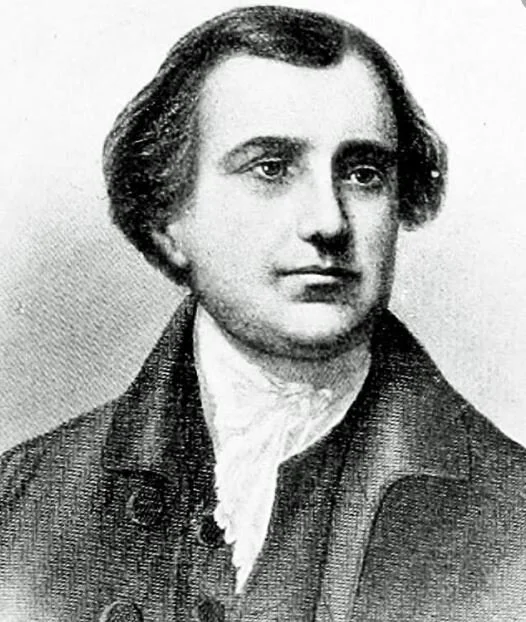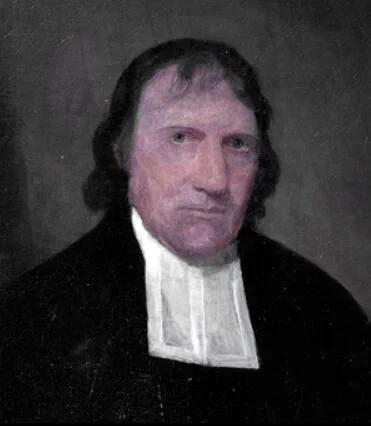Edmund Randolph’s Love/Hate Relationship with the Constitution
Happy Constitution Day!
To celebrate, let’s talk about one of the three people who refused to sign the finished product...Edmund Randolph.
Randolph was essential to the creation of the Constitution and, in the end, to its ratification in Virginia.
Edmund Randolph in Philadelphia
Edmund Randolph came from one of the most powerful political families in Virginia, if not all of the United States.
By 1787, the 34-year-old former aide-de-camp to General Washington was already in his second term as the State Governor.
When he arrived in Philadelphia to amend the Articles of Confederation, his presence added weight to the already hefty list of luminaries at the Conference.
What we now know as the Constitutional Convention began with the selection of Washington as President and an agreement between the Delegates to certain parliamentary procedures to make sure things ran smoothly.
Then, Washington called on Edmund Randolph.
The Randolph Resolutions/Virginia Plan
Randolph rose and praised the men who wrote the Articles of Confederation, claiming they did the best they could with what they had.
He then recommended scrapping the whole thing and creating a new government from scratch.
Despite the room full of shocked faces (excluding Virginia and Pennsylvania who knew this was coming) Edmund carried on.
He listed out the reasons a Federal Government was necessary and how it should be implemented.
Though almost all of the ideas were conceptualized by James Madison, most of the Delegates were unaware of it. This speech was initially known as the Randolph Resolutions, but over the Summer of 1787 it became known as the Virginia Plan.
Edmund’s oration put the United States on its way to establishing a Federal Government, and much of his words that day formed the basis of the Constitution itself.
Refusing to Sign the Constitution
Throughout the Summer, Randolph participated in a great deal of the important work of creating the Constitution.
However, when the Delegates sat down on September 17 to sign the document, Edmund refused. He, “apologized for refusing to sign the Constitution, notwithstanding the...venerable names that would give sanction to its wisdom and worth.”
There were several things he did not like about the final document, most notably the great but vague power given to Congress and the lack of a second convention after ratification for the States to make amendments.
Chairing the Virginia Convention
The following year, Virginia had its Ratification Convention.
As Governor, Edmund Randolph was the Chairman overseeing the debates.
During this time, he was convinced to overlook his objections and support the Constitution.
Lest he be called a hypocrite, it is important to remember that Randolph had always been in favor of the Federal Government. Furthermore, eight States had already accepted the document (with only nine needed) and Virginia staying out would hurt his State in the long run.
Randolph’s change of heart seems to have persuaded several undecided Founders to also support ratification.
One year later, the now-former Governor was rewarded by now-President Washington with an appointment as the first Attorney General in the history of the United States.
For a more complete biography of Randolph, check out this article I wrote a while back:
Edmund Randloph Disappoints Washington
The best book on the Summer of 1787 is ‘Plain, Honest Men.’
It is one of my favorite books about the Revolution, so make sure to pick up a copy through this affiliate link:
Want to get fun American Revolution articles straight to your inbox every morning?
Subscribe to my email list here.
You can also support this site on Patreon by clicking here.
Thanks for your support!





